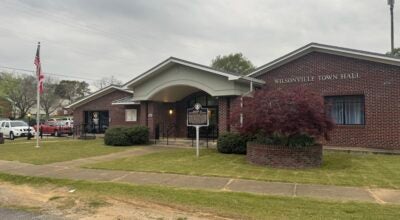Vaccine allocation should reprioritize to protect seniors, vulnerable
Published 5:17 pm Thursday, January 21, 2021
|
Getting your Trinity Audio player ready...
|
By PAUL DEMARCO / Guest Columnist
Note: This is an opinion column.
Now that there have been two vaccines approved for emergency use in the United States to protect against the coronavirus by the Federal Drug Administration, all eyes will be on the states as to how they will distribute the drugs.
While the Centers for Disease Control and Prevention (CDC) has provided guidelines, it is up to each state. The Alabama Department of Public Health has issued the order of priority of those who will receive the injections.
Frontline health care workers and those who live in nursing homes and long-term care facilities have been the first phase of allocation. The next phase will include seniors above age 75 and those essential workers who are at the highest risk, but after that is when questions have arisen about who would go next.
The allocation next in Alabama does include first responders, educators and critical workers, but also includes those in jail and prisons because they live in congregated facilities. Thus, this would put felons in line before students who live together in dorm rooms, and the general public, including many older adults between the ages of 65 and 75 who are at an increased risk because of their age of dying from the virus.
Prioritization of vaccines has been a source of controversy around the country where the governor of Colorado said in his state that he would not put prisoners above the public in priority for getting the vaccines, which raises the question—what will happen in Alabama?
Other states are also putting more priority on their seniors and other vulnerable citizens. In Louisiana, seniors starting at age 70 as well as those patients that receive home health care or have “end-stage renal diseases” are eligible for the vaccine earlier. In Georgia and Florida, the states’ governors have expanded the earlier vaccine allocation to those age 65 and older, a full decade sooner than those in Alabama.
According to the Alabama Department of Public Health, 78.2 percent of the deaths in Alabama from COVID-19 are those the age of 65 and above. People in this age range are the most vulnerable to the virus, thus, they are the citizens of our state that should receive higher priority to get these vaccines.
Gov. Kay Ivey and the state health department should prioritize the allocation of vaccines to those that are the most vulnerable to COVID-19.
Paul DeMarco is a former member of the Alabama House of Representatives.









